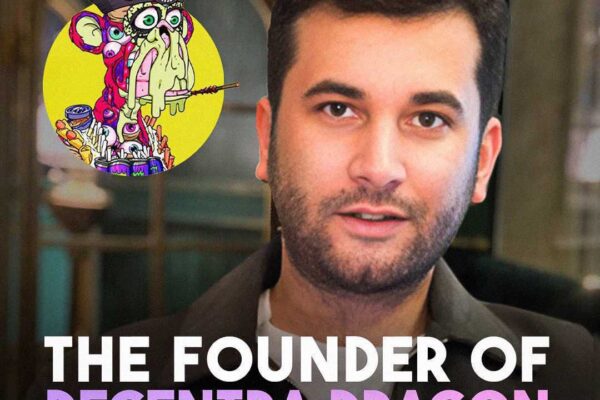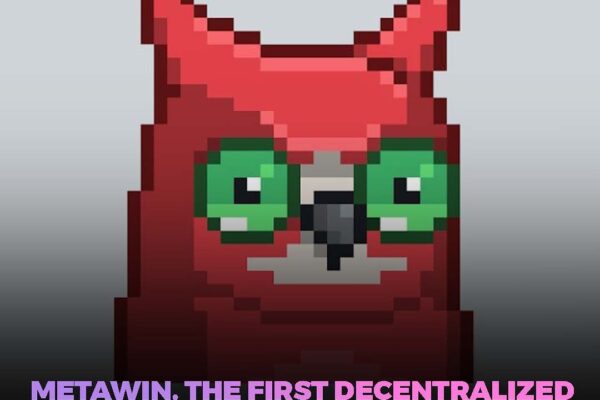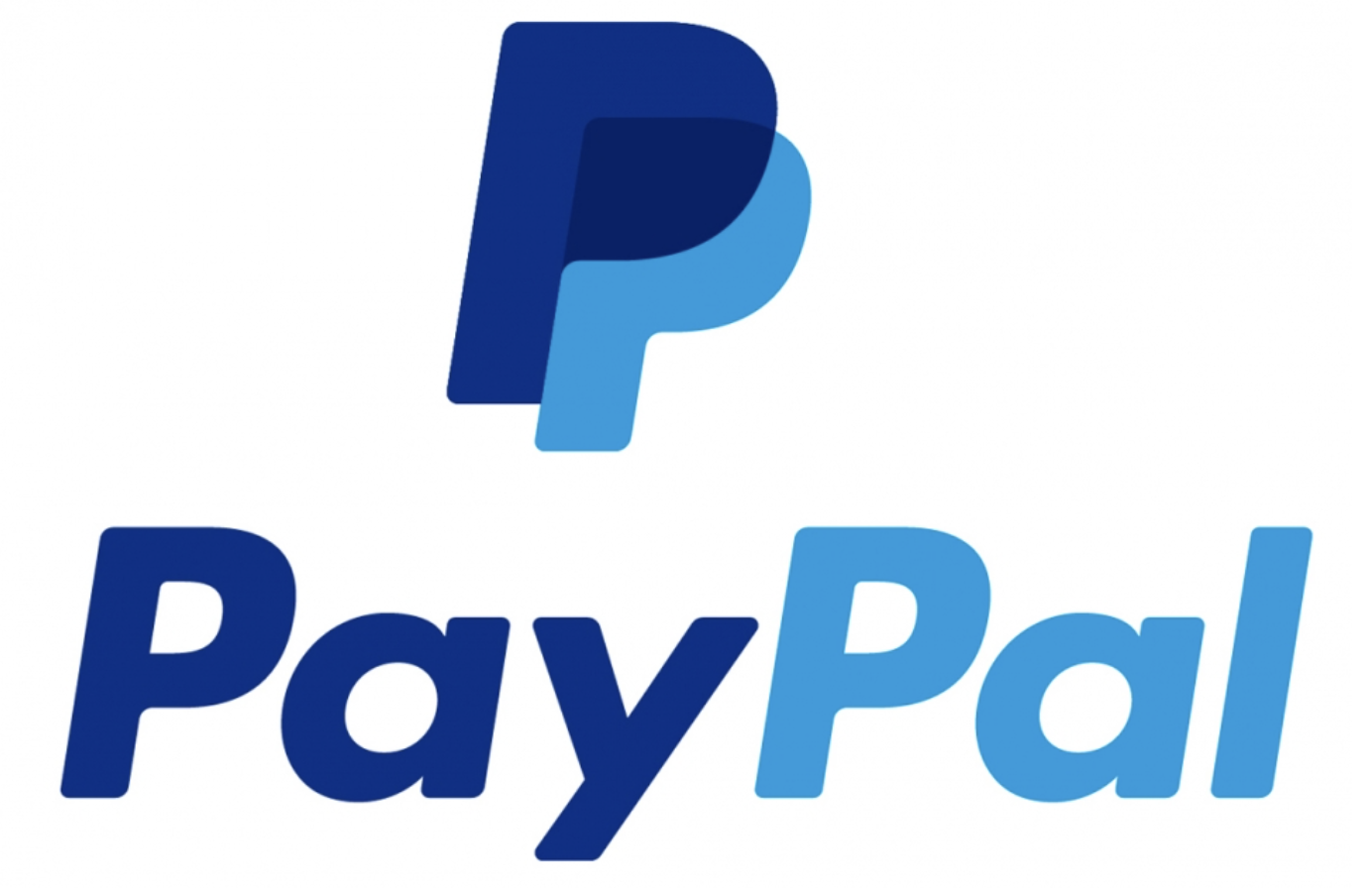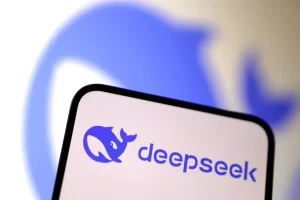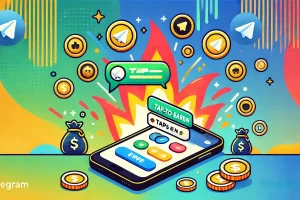PayPal seeks to capitalize on burgeoning NFT interest by filing a patent for an all-encompassing NFT marketplace supporting tokenized art, assets, tickets, and more.
Non-fungible tokens (NFTs) have exploded into the mainstream, with sales volume surpassing $37 billion in 2021 alone. Now, global payments giant PayPal is making big moves to establish its foothold in the NFT arena.
PayPal’s Marketplace Masterplan Revealed in March Patent Filing
In March 2022, PayPal filed a patent application outlining plans for a robust NFT marketplace. The pending patent, published on September 21, illustrates a system where NFT transactions occur through a third-party service provider.
While the provider is unnamed, Ethereum is referenced within the documentation, signaling the potential incorporation of the leading smart contract blockchain. PayPal aspires to leverage NFT technology for diverse tokenization use cases spanning digital art, music, legal documents, event tickets, and more.
Creator Royalties, Fractional Ownership, and DAOs Part of Future Vision
A key highlight of PayPal’s NFT marketplace is its native support for fractionalized purchases. This entails issuing governance tokens, which token holders could trade independently. The adaptable infrastructure also accommodates DAOs (decentralized autonomous organizations) to boost NFT liquidity via a dedicated platform.
Additionally, the proposed architecture enables earning royalties from NFT ownership and trades. This presents a lucrative proposition for creators producing tokenized artwork, music, collectibles, and other digital assets.
Versatile System Designed for Seamless On-Chain and Off-Chain Transactions
PayPal’s patent outlines a versatile system to ensure smooth processing via a third-party provider. Compliance and risk management checks would enable the necessary oversight of transactions. Users can integrate their personal crypto wallets, although that is not mandatory.
Alternatively, a third-party broker could offer storage, checkout, and additional services. For off-chain transactions, the application uses an “omnibus wallet” connected to the provider to consolidate buyer and seller wallets. Per the patent:
“Therefore, no transfer is registered on the blockchain, and there is no need to broadcast the transaction to the blockchain network or pay the gas fees associated with such an on-chain transaction.”
Notably, PayPal designed its NFT marketplace to support any currency, enhancing accessibility and ease of use worldwide. This currency-agnostic model is a major advantage over crypto-only marketplaces.
Perfectly Timed Move Cementing PayPal’s Crypto Commitment
The NFT marketplace patent comes on the heels of PayPal unveiling its stablecoin, PayPal USD (PYUSD), in August 2022. Built on Ethereum, PYUSD exemplifies the company’s expanding engagement with blockchain and digital assets.
With the patent-pending approval, the fintech community eagerly anticipates how PayPal will shape the burgeoning NFT landscape. The company’s unrivaled scale and reach present a prime opportunity to onboard mainstream users into tokenized collectibles and assets.
PayPal seems poised to solidify its stronghold over payments and crypto by conquering NFTs. As leading tech and finance firms rush to plant their flags in the NFT gold rush, PayPal’s head start and brand power render it a force to be reckoned with.
Want more? Connect with NFT News
Follow us on Twitter
Like us on Facebook
Follow us on Instagram
*All investment/financial opinions expressed by NFT News are from the personal research and experience of our site moderators and are intended as educational material only. Individuals are required to fully research any product prior to making any kind of investment.
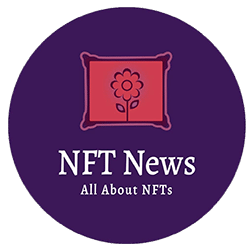
This information is published by the NFT News media team.

